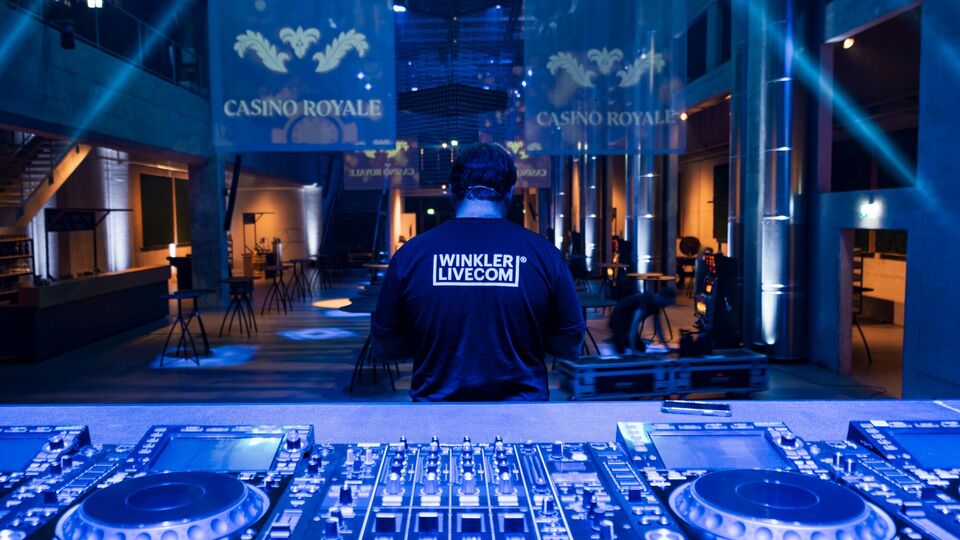From the lighting installation to the perfectly tempered Chardonnay - behind every successful event is an invisible network of service providers. But how do you turn this list of suppliers into a guarantee of success? The art of supplier management could be the answer.
A large event hall. 500 guests. The applause erupts. A glittering evening where everything is just right: the perfect lighting, the technology, the effortless logistics in the background. But evenings like this don't just happen out of the blue. They are the result of a precise choreography of planning, negotiation and organization. Supplier management, i.e. the art of selecting suppliers and managing them efficiently, is often underestimated in the event industry - and yet it is crucial.
The underestimated backbone of the event industry
When people talk about successful events, creative concepts and innovative ideas are often in the spotlight. But behind the scenes, it is the suppliers - catering, technology, decoration, security and so on - who turn these ideas into reality. It is not only the quality of the service providers, but above all their interaction that determines success or failure.
"A good event is like an orchestra. Every player has to do the right thing at the right time - and that requires a management team that sets the pace," says Nicolai Squarra, host and partner of JED Events. "The best concept is useless if the suppliers don't go along with it."
What really matters: strategies for success
Supplier management starts with selecting the right partners. But what sounds so simple is a challenge in practice. The market is large, the requirements are diverse. At JED Events, we rely on three principles: Trust, communication and flexibility.
Building trust
"Long-term partnerships pay off", explains Squarra. Suppliers who know the location and know what is important work more efficiently and often contribute proactive ideas. "We have been working closely with some partners for years, and you can tell."
Communication is the key
Suppliers need clear briefings and quick coordination. We rely on digital tools that make it easier to maintain an overview: "Our platform shows everyone involved where we stand in real time. This saves nerves - and errors," says Squarra.
Flexibility is crucial
No event runs without last-minute changes. A good supplier can improvise and find solutions before the problem even becomes apparent. "Sometimes it's these little miracles behind the scenes that save the evening," says Squarra with a smile.
Quick wins for you as an organizer
Although supplier management may sound like a job for professionals, there are some simple tips that can make any event better
Check suppliers with references: Talk to other event organizers about their experiences. What worked well? Where were there problems?
Have backup plans: Whether it was a catering breakdown or technical problems - a plan B saves the event.
Require sustainability: More and more customers are attaching importance to ecological and ethical standards. Make sure your suppliers meet them.
Why supplier management is more than just a trend
At a time when events are becoming increasingly complex and personalized, supplier management is more than just a tool - it's a competitive advantage. "An event is always a business card," says Squarra. "If everything runs smoothly, the audience will be thrilled. And perfect supplier management is the basis for this."
While the applause at the end of a successful evening often goes to the event team, in reality it also goes to the invisible heroes behind the scenes - those who work in the background to create the perfect stage.
Conclusion
The art of supplier management is a balancing act between planning and spontaneity, strategy and improvisation. But when everything fits together, the result is what makes every event: an unforgettable experience.

